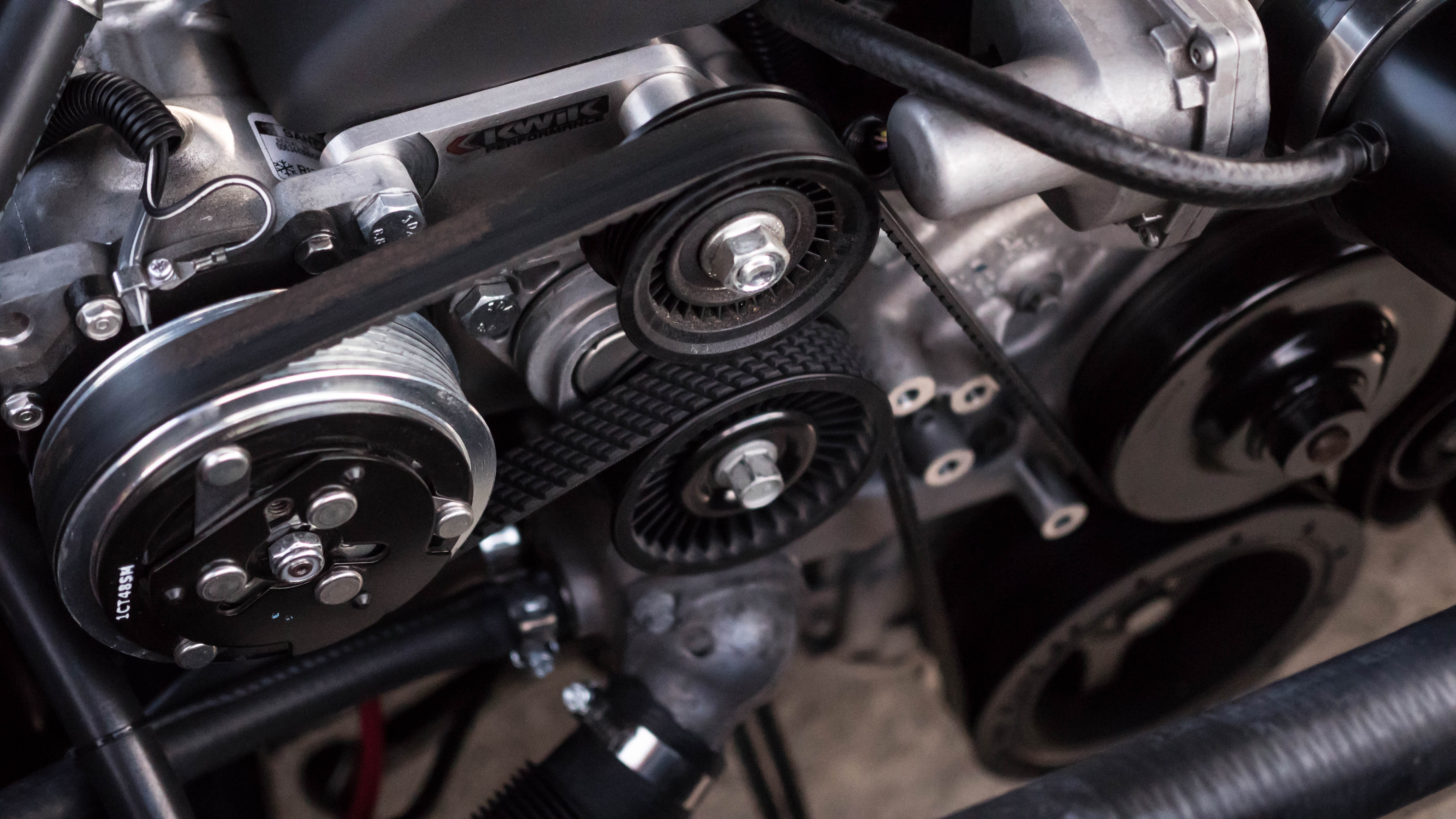The automotive industry is dynamically transforming, with manufacturers continually embracing new standards and trends. From sustainability initiatives to groundbreaking technology, automakers are using every possible strategy to meet regulatory demands and consumers’ expectations.
If you want to learn further this article will help. It will help you explore some proactive steps these manufacturers are taking and how they’re driving innovation in the ever-changing automotive landscape. So, read further to delve deeper.
Adopting Sustainability: Driving Toward a Greener Future
A tireless commitment to sustainability is one of the basic reasons why the automotive industry is transforming. Car manufacturers are channeling substantial investments into research and development to create vehicles that transcend the bounds of stringent emission regulations. One of the most notable and impactful trends is the accelerated transition towards electric and hybrid technologies. Beyond compliance, these vehicles are designed to cater to the growing consumer preference for eco-friendly options. You may take the example of the electric vehicles (EVs) and hybrid models emerging as prominent players in this sustainable revolution. Their appeal stems from enhanced fuel efficiency, reduced emissions, and the integration of recyclable materials.
Embracing Tech Trends: Enhancing Connectivity and Safety
The year 2023 continues to witness extensive technological breakthroughs that are reshaping the automotive landscape, and the symbiotic fusion of AI, and the Internet of Things lies at the frontline of this transformation. This synergy is bringing transformative changes in vehicle connectivity and safety features. Real-time data analysis, coupled with intuitive driver support systems, is significantly reducing the risk of accidents, and augmenting overall road safety. Apart from this, the advent of autonomous vehicles is acting like a turning point in automotive history.
Automakers are harnessing the power of an array of advanced sensors to unlock the potential of self-driving capabilities and redefine the concept of mobility, with implications that extend beyond transportation. In parallel, the realm of infotainment systems has also embraced some major changes. Car manufacturers are orchestrating a paradigm shift, equipping vehicles with intuitive interfaces and seamless connectivity. This innovation highlights the industry’s commitment to providing a sophisticated driving experience that seamlessly integrates with modern digital lifestyles.
Navigating Regulations: Innovating Beyond Compliance
Where every innovation is working in full swing, car manufacturers are strategically navigating the complex landscape of evolving standards and regulations as well. The target of reduced emissions and heightened safety standards has motivated automakers to adopt an anticipatory stance. These industry leaders are infusing substantial resources into research and development, with a persistent aim to surpass existing regulatory norms and the expectations of consumers and regulators. They are ushering in a new era of innovation that transcends compliance boundaries in this process. Since they are embracing forward-looking technologies and staying several steps ahead of regulatory requirements, car manufacturers are becoming trailblazers, redefining industry benchmarks.
Modernizing Production: Embracing VDA 6.3
The foundation of automotive production processes is profoundly transformed through Industry 4.0 technologies. Automation, data analytics, and predictive maintenance are converging to revolutionize manufacturing operations. This paradigm shift is characterized by heightened efficiency, minimized errors, and optimized production lines. Within this transformative landscape, the adoption of the VDA 6.3 standard by car manufacturers emerges as a significant development. Renowned for its comprehensive approach to process auditing, VDA 6.3 is rapidly gaining traction as the guiding framework for enhancing quality and efficiency across the automotive production process.
This standard’s multifaceted approach encompasses meticulous risk analysis, precision process optimization, and a relentless commitment to continuous improvement. As a result, the integration of VDA 6.3 yields higher product quality, diminished defects, and elevated customer satisfaction. Aligned seamlessly with the principles of Industry 4.0, this standard underscores the paramount importance of data-driven decision-making and perpetual enhancement. Car manufacturers, recognizing its value, have wholeheartedly embraced VDA 6.3 training to elevate their production processes, signaling their dedication to excellence in every facet of manufacturing.
Putting Consumers First: Innovations for Modern Drivers
Among all that was discussed, it must be noted that even in an increasingly competitive market, automakers prioritize consumer-centric innovations. Car manufacturers are designing vehicles tailored to modern needs by closely monitoring consumer preferences and feedback. Intuitive interfaces, seamless connectivity, and personalized features are becoming industry standards, elevating the driving experience. This emphasis on consumer satisfaction showcases the industry’s commitment to delivering vehicles that align with the expectations of today’s buyers.
Conclusion
Wrapping it up, as the automotive industry advances into 2023, car manufacturers are at the forefront of transformation. Their proactive response to emerging standards and trends, including sustainability, technological advancement, regulatory compliance, production efficiency, and consumer-focused innovations, reflects their determination to drive progress. Automakers are shaping a future where vehicles transcend conventional boundaries through a steadfast commitment to change.

